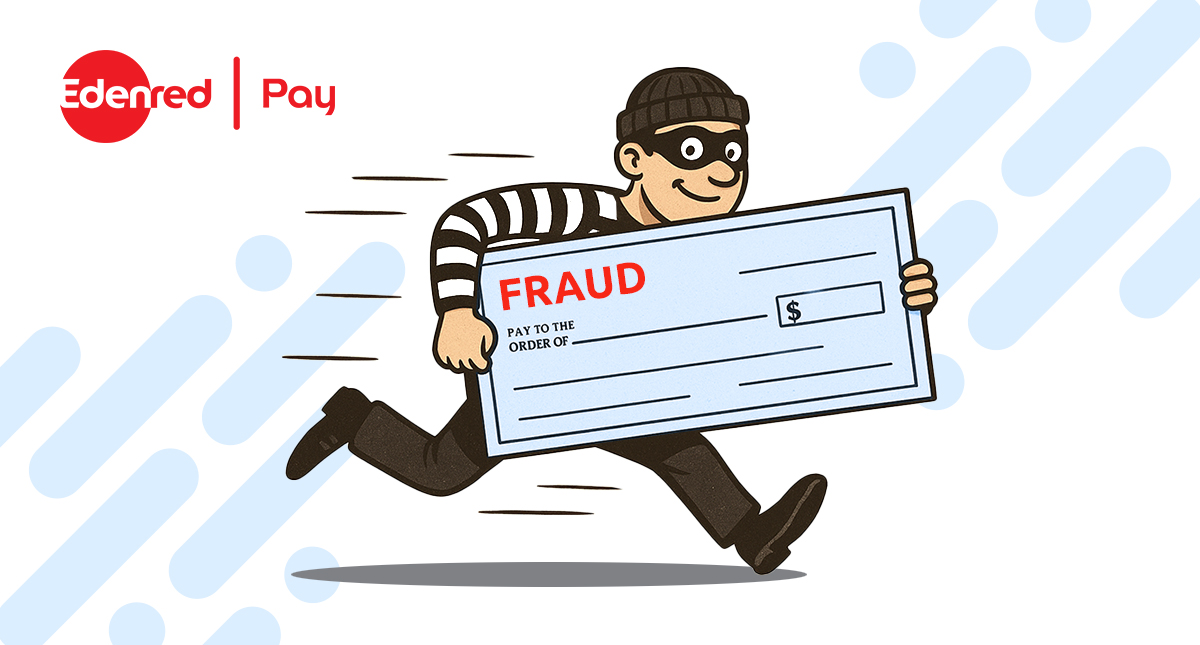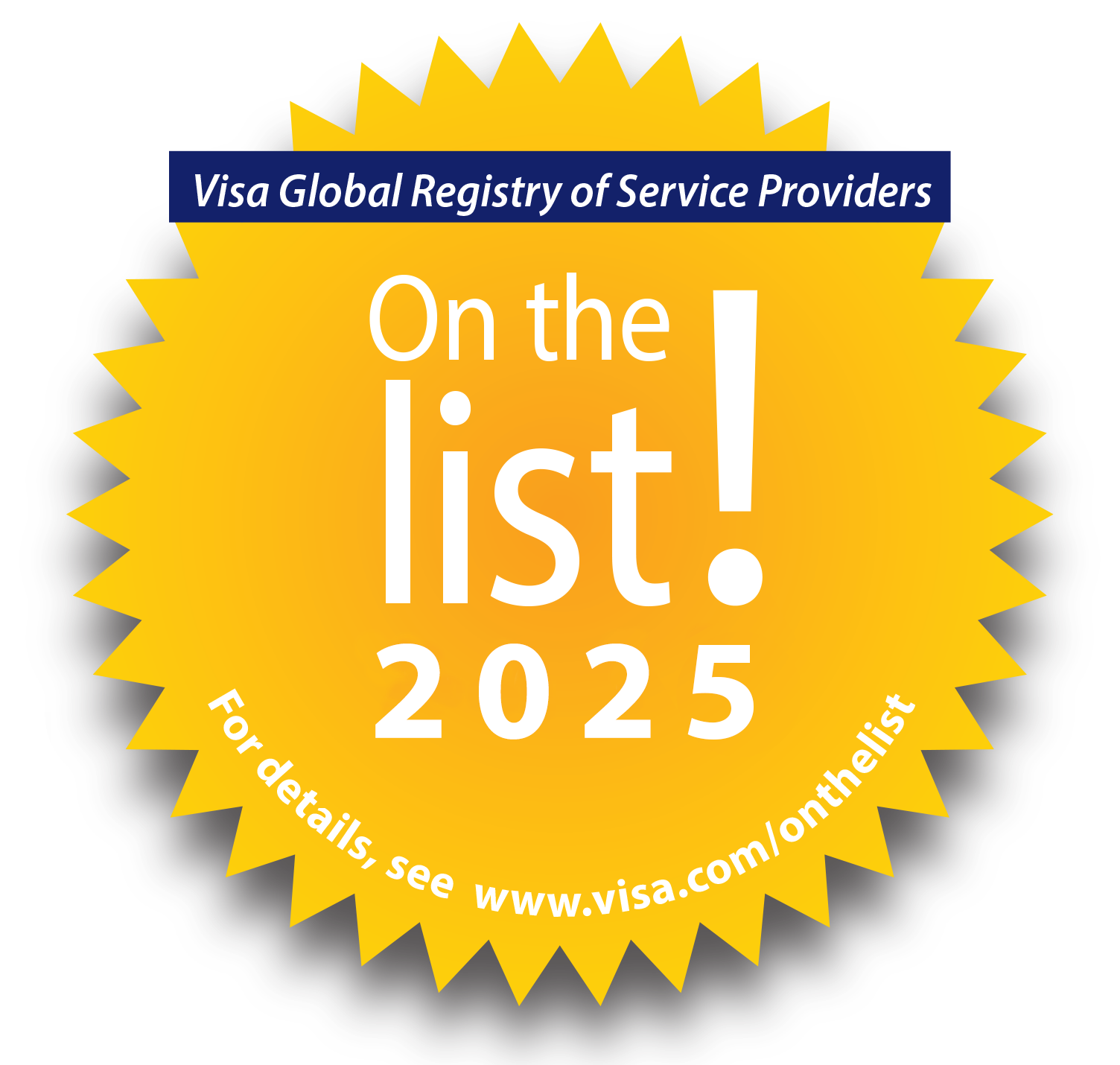A mid-sized community management association issues lots of paper checks each week to pay for landscaping, pool maintenance, insurance premiums, and contractor work. One day, the board treasurer notices something alarming: a check for $5,000 has cleared the association’s account, but no one recognizes the payee. After digging deeper, they discover the original check was intercepted and “washed.” Fraudsters had erased the payee information and written it in their own name.
The money is gone. The recovery process is slow and frustrating. Worse, accounts payable (AP)The amount a company owes to suppliers for goods and services received but not yet paid. staff feel blindsided, asking themselves how they could have missed such an obvious vulnerability.
Unfortunately, this isn’t an isolated incident.
According to the AFP Payments Fraud and Control Survey, over 60 percent of organizations report attempted or actual check fraud every year. Because community management associations issue such a high volume of checks, they’re prime targets. And when fraud strikes, the damage extends far beyond the bank account. It impacts credibility, confidence, and even legal liability.
How Check Fraud Happens
Check fraud doesn’t require sophisticated tools or cyber skills. That’s what makes it so dangerous. Fraudsters use simple, repeatable methods that exploit the weaknesses of paper checks. Here are the most common schemes and why they’re so hard to defend against without the right safeguards.
- Counterfeit checks. Criminals use stolen account details to print fake checks on blank stock, which can be purchased easily online. With modern printers and desktop publishing software, these counterfeits often look indistinguishable from the real thing. Once in circulation, they’re incredibly difficult to detect until they hit your account. Associations may discover the fraud weeks later, long after the funds have left.
- Check washingA type of check fraud where criminals use chemicals to erase details from a check, allowing them to rewrite the check fraudulently.. This scheme involves using chemicals to erase the payee or amount fields on a legitimate check, leaving the signature intact. Fraudsters then rewrite the check to themselves or inflate the amount. It’s alarmingly low-tech – and fraudsters can buy the necessary supplies at a drugstore – and yet it continues to cost organizations millions each year. For associations that rely on volunteers or part-time staff to oversee finances, these altered checks can go unnoticed until it’s too late.
- Altered checks. Here, a legitimate check is intercepted in transit and modified before being cashed. Fraudsters may add zeros to increase the amount or change the payee to themselves. This type of fraud is especially insidious because the check originated from the association and looks legitimate to the bank. Without a system in place to verify details, altered checks often slip through the cracks.
- Stolen checks. Sometimes the simplest methods are the most effective. Criminals may take outgoing checks directly from a community mailbox, steal them from a drop box, or even break into an office. Because many associations rely on routine mailing practices, stolen checks often aren’t noticed until homeowners or vendors report missing payments. At that point, funds may already be long gone.
Each of these schemes preys on the inherent weaknesses of paper checks.
Enter Positive PayA fraud prevention system where businesses send check issuance details to their bank, which then verifies checks presented for payment.: Your Digital Bodyguard
So how can community associations fight back? The answer is Positive PayA fraud prevention system where businesses send check issuance details to their bank, which then verifies checks presented for payment..
Positive PayA fraud prevention system where businesses send check issuance details to their bank, which then verifies checks presented for payment. is a fraud mitigationStrategies, controls, and technologies designed to prevent, detect, and respond to fraudulent activities. service offered by banks and FinTech providers like Edenred PayEdenred Pay is the market leader in B2B payments automation.. It works by requiring your finance team to send a “check issue file” to your bank every time you issue checks. This file includes details like the check number, amount, date, and payee. When a check is presented for payment, the bank cross-references it against your file.
- If the details match, the check clears.
- If they don’t, the bank flags the transaction as an exception, and you decide whether to approve or reject it.
Positive PayA fraud prevention system where businesses send check issuance details to their bank, which then verifies checks presented for payment. shifts control away from fraudsters and put it firmly back in your hands.
The Benefits of Positive PayA fraud prevention system where businesses send check issuance details to their bank, which then verifies checks presented for payment.
Positive PayA fraud prevention system where businesses send check issuance details to their bank, which then verifies checks presented for payment. is one of the most effective and proactive defenses against check fraud. For associations entrusted with homeowner dues and reserves, it delivers benefits that go far beyond fraud prevention.
- Reduced losses and liability. Positive PayA fraud prevention system where businesses send check issuance details to their bank, which then verifies checks presented for payment. prevents fraudulent checks from ever clearing, saving associations from costly financial losses. Recovering stolen funds can take months, if it’s even possible at all. By blocking fraud upfront, associations avoid the cascading costs of investigations, insurance claims, and potential legal disputes. Boards also reduce their personal liability, protecting themselves from accusations of negligence.
- Peace of mind for staff, boards, and residents. Fraud risk takes a toll on everyone. Staff lose sleep wondering if they caught every issue. Boards worry about being held responsible if fraud occurs on their watch. Residents question whether their money is safe. Positive PayA fraud prevention system where businesses send check issuance details to their bank, which then verifies checks presented for payment. eliminates this constant anxiety by providing a reliable safety net, giving all stakeholders confidence that their funds are secure.
- Improved financial oversight and stewardship. Associations are stewards of homeowner money, and governance demands transparency. Positive PayA fraud prevention system where businesses send check issuance details to their bank, which then verifies checks presented for payment. demonstrates that an association is proactively protecting finances. This builds credibility with homeowners and regulators alike. It also reassures board members that they’re meeting their fiduciary responsibilities.
- Protection of community association funds. These funds are the lifeblood of your community, covering everything from daily maintenance to long-term reserves. Positive PayA fraud prevention system where businesses send check issuance details to their bank, which then verifies checks presented for payment. shields them from theft, ensuring that every dollar goes toward improving the neighborhood and protecting property values. Communities that secure their funds also strengthen long-term trust between boards and residents.
- Compliance and audit readiness. Every exception flagged by Positive PayA fraud prevention system where businesses send check issuance details to their bank, which then verifies checks presented for payment. creates a detailed digital record, which auditors and regulators value. Instead of scrambling months later to piece together what happened, associations can produce a clean, traceable history of every flagged transaction and its resolution. This not only simplifies audits but also demonstrates a culture of accountability and compliance.
These benefits make Positive PayA fraud prevention system where businesses send check issuance details to their bank, which then verifies checks presented for payment. a best practice that strengthens financial management.
A Tale of Two Associations
Let’s revisit our opening scenario, but this time, imagine the same association has Positive PayA fraud prevention system where businesses send check issuance details to their bank, which then verifies checks presented for payment. in place. They issue a $5,000 check to their landscaping contractor. When a fraudster attempts to cash an altered version of the check with a different payee, the bank flags it immediately because the details don’t match the issue file. The finance team receives an alert, reviews the exception, and rejects the fraudulent transaction. The fraudulent check never clears. The association’s funds remain secure. The board can report to homeowners that the system worked exactly as intended.
The difference between these two scenarios couldn’t be clearer: without Positive PayA fraud prevention system where businesses send check issuance details to their bank, which then verifies checks presented for payment., the association suffered losses and damaged trust. With Positive PayA fraud prevention system where businesses send check issuance details to their bank, which then verifies checks presented for payment., they avoided fraud entirely and demonstrated sound financial stewardship.
Don’t Wait for Fraud to Strike
Check fraud is not a question of if, it’s a question of when. Community management associations are high-value targets, and fraudsters are always looking for vulnerabilities. Positive PayA fraud prevention system where businesses send check issuance details to their bank, which then verifies checks presented for payment. is one of the most effective defenses available. It protects your funds, safeguards your reputation, and gives you the confidence to tell your community, “We’ve got this covered.”

Ready to elevate your B2B payments?
Whether you are automating for the first time, ready to refresh your existing technology, or looking for ways to complete the ‘last mile’ of automation, Edenred Pay can help. Let’s chat about your needs.







